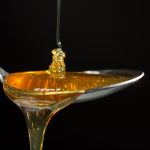
This review of the use of honey to educe the severity of radio/chemotherapy-induced oral mucositis identified 7 low quality RCTs that suggest that use of honey may reduce the severity of oral mucositis.
[read the full story...]
This review of the use of honey to educe the severity of radio/chemotherapy-induced oral mucositis identified 7 low quality RCTs that suggest that use of honey may reduce the severity of oral mucositis.
[read the full story...]
This review of the management of keratocystic odontogenic tumors included 14 mainly retrospective studies ans suggests that initial cystectomy, with or without adjuvant therapy, is associated with the least chance of recurrence.
[read the full story...]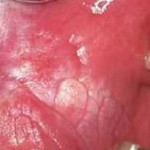
The aim of this Cochrane review was to assess the effectiveness, safety and acceptability of treatments for oral leukoplakia in preventing oral cancer.
[read the full story...]
Six small RCTs were included in this review. Findings suggest that botulinum toxin type A (BoTN-A) has a positive effect on post treatment pain. Hover the results should be interpreted cautiously as the quality of the evidence is limited and more high quality studies are needed.
[read the full story...]
For this review of molar incisor hypomineralisation (MIH) 28 low quality studies were identified. The available evidence suggest that prenatal and perinatal factors are infrequently associated with MIH but that early childhood illness (in particular fever) may be associated.
[read the full story...]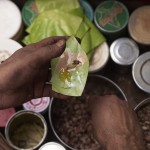
Dominic Hurst looks at the recent Cochrane review of interventions to help smokeless tobacco (ST) users quit. ST use is linked to oral cancer, precancer and periodontal disease, so dentists have an important role in encouraging users to quit.
[read the full story...]
This Cochrane review was seeking to identify RCTs of interventions for the management of external root resorption in permanent teeth. No published trials were identified, so clinicians must decide on the most appropriate means of managing this condition according to their clinical experience with regard to patient-related factors.
[read the full story...]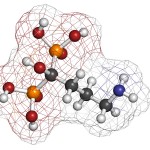
Thirteen studies were included in this review of medication related osteonecrosis of the jaw. The majority were case series ( 9) with the risk of osteonecrosis after tooth extraction being higher in those taking IV bisphosphonates ( 3.2% (95% CI: 1.7–4.7%) than those on oral bisphosphonates 0.15% (95% CI: 0.0–0.36%).
[read the full story...]
The update of a 2007 Cochrane review of parasympathomimetic drugs for dry mouth after radiotherapy did not identify an new studies. The 3 RCTs identified in the previous version provide limited evidence to support the use of pilocarpine hydrochloride in the treatment of radiation-induced xerostomia.
[read the full story...]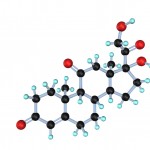
Ten small RCTs were included in this review. They suggest that topical tacrolimus is more efficacious than clobetasol for oral lichen planus.
[read the full story...]